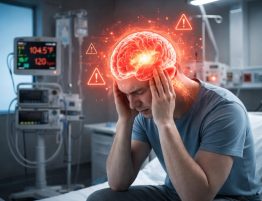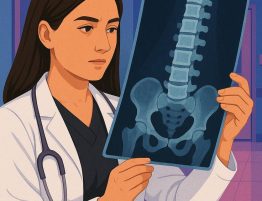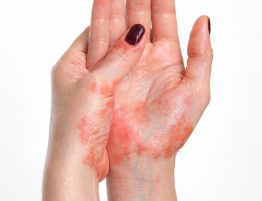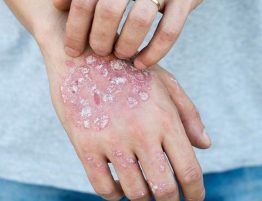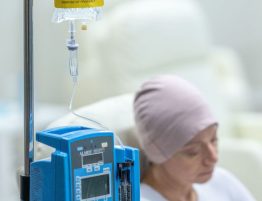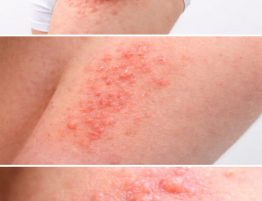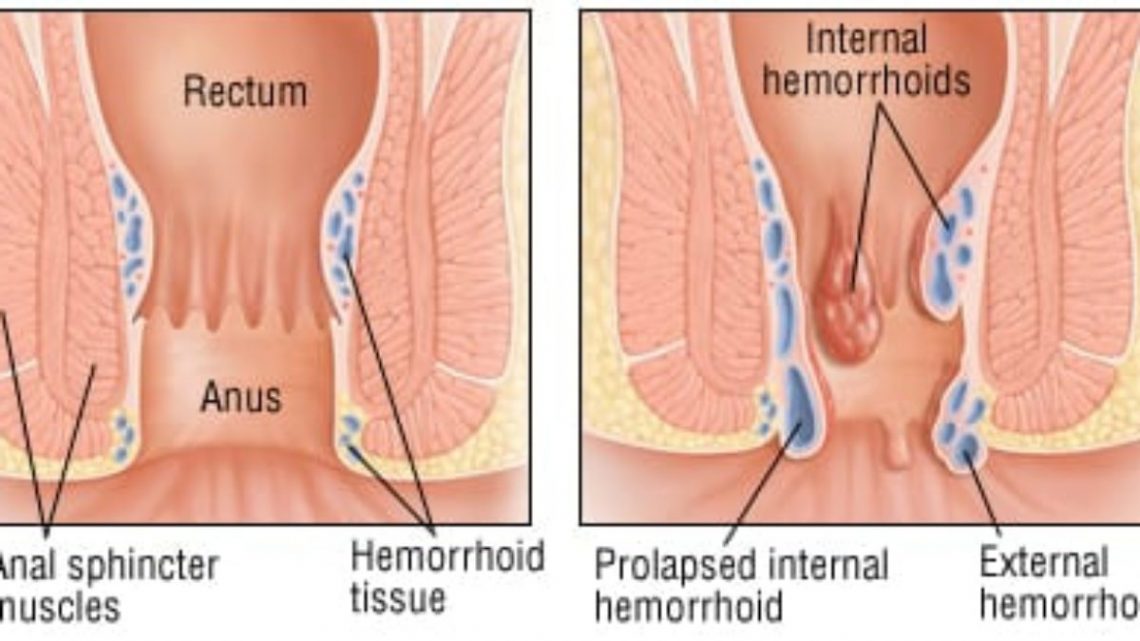
Hemorrhoids, also known as piles, are swollen veins in the anus and lower rectum, similar to varicose veins. Hemorrhoids can develop inside the rectum (internal hemorrhoids) or under the skin around the anus (external hemorrhoids).
It is developed when the walls of these vessels are stretched, they become irritated. Although hemorrhoids can be unpleasant and painful, they are easily treated and very preventable. As hemorrhoids generally get worse over time, doctors suggest that they should be treated as soon as they appear.
Cause of Hemorrhoids
Enlargement of the veins around the anus causes hemorrhoids it can occur for reasons such as;
- Pregnancy – as the uterus enlarges, it presses on the vein in the colon, causing it to bulge
- Aging – hemorrhoids are most common among adults aged 45 to 65 years
- Diarrhea – hemorrhoids can occur after cases of chronic diarrhea
- Chronic constipation – straining to move stool puts additional pressure on the walls of the blood vessels
- Heavy lifting – repeatedly lifting heavy objects can lead to hemorrhoids
- Sitting for too long – staying in a seated position for long periods of time can cause hemorrhoids, especially on the toilet
- Anal intercourse – this can cause new hemorrhoids or worsen existing ones
- Obesity – diet related obesity can cause hemorrhoids
- Genetics – some people inherit a tendency to develop hemorrhoids
Symptoms of Hemorrhoids
- Painless bleeding
- Itching or irritation in the anal area
- Discomfort, pain, or soreness in the same area
- Lumps and swelling in the anal region
- Leaking feces
Hemorrhoids can be external or internal
Internal Hemorrhoids
- Are situated deep inside the rectum and not visible from the outside. They are normally painless. Often, the first sign that internal hemorrhoids are present is rectal bleeding.
External Hemorrhoids
- Are under the skin around the anus and are therefore visible, and since there are more sensitive nerves in this part of the body, external hemorrhoids are normally more painful. Straining when passing a stool may cause them to bleed.
Treatment for Hemorrhoids
- Home remedies
- Eat high fiber food
- Use topical treatments
- Soak regularly in a warm bath
- Take oral pain relievers
- Medications – if hemorrhoids produce only mild discomfort, the doctor may suggest over-the-counter creams, ointments, suppositories or pads
- External Hemorrhoids thrombectomy – if a painful blood clot has formed within an external hemorrhoid, the doctor can remove the hemorrhoid, which can prompt relief
- Minimally invasive procedures
- Rubber band ligation – the doctor will place one or two tiny rubber bands around the base of an internal hemorrhoid to cut off its circulation. The hemorrhoid withers and falls off within a week.
- Injection (sclerotherapy) – a chemical solution into the hemorrhoid tissue to shrink it will be injected
- Coagulation (infrared, laser or bipolar) – Coagulation techniques use laser or infrared light or heat. They cause small, bleeding internal hemorrhoids to harden and shrivel.
- Surgical Procedures
- Hemorrhoid removal – Choosing one of various techniques, your surgeon removes excessive tissue that causes bleeding.
- Hemorrhoid Stapling – This procedure, called stapled hemorrhoidopexy, blocks blood flow to hemorrhoidal tissue. It is typically used only for internal hemorrhoids.
What We Offer
We at Almurshidi Medical Tourism will find the best doctors and hospitals to cater to your needs. We are partnered with a wide network of hospitals and clinics that provide top quality medical experience.
We provide free medical estimates, make medical appointments and provide several medical opinions if needed at no cost.
Contact Us
For more information contact us at +66822004040 or via WhatsApp

